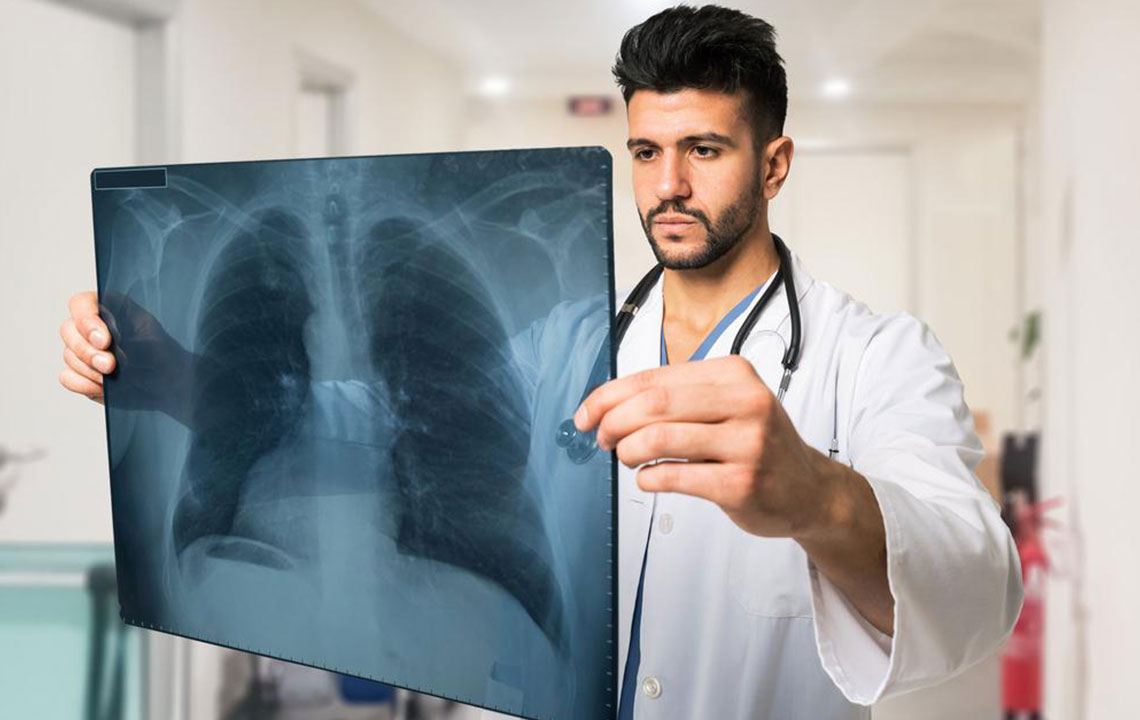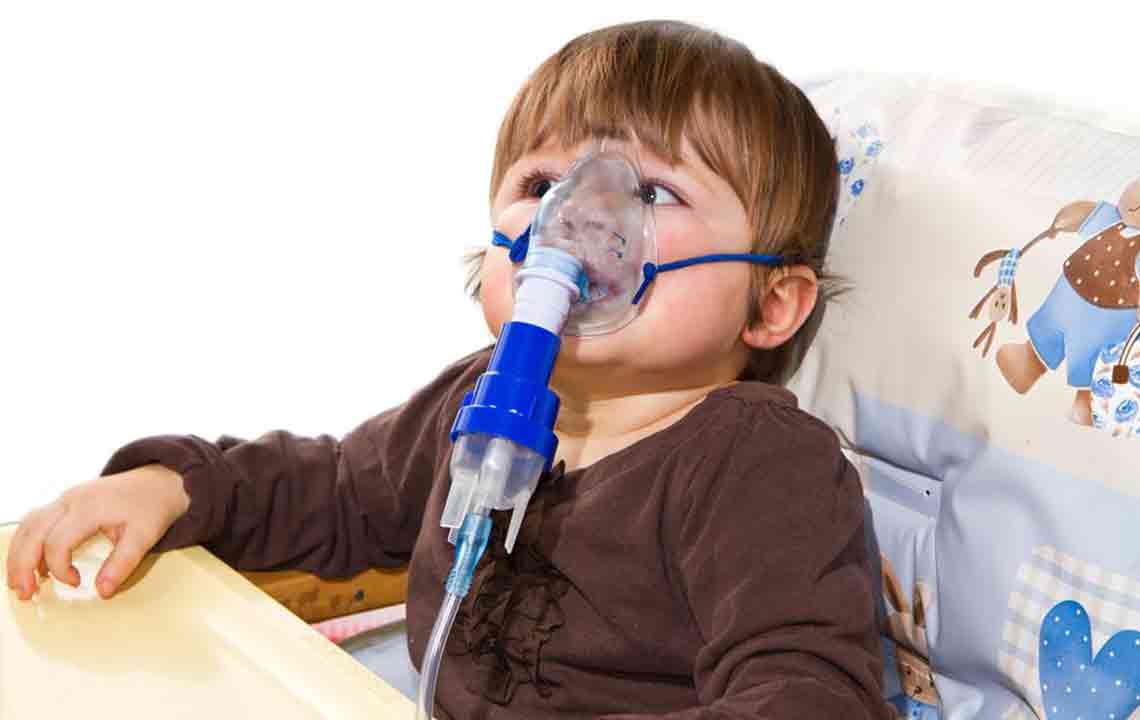Recognizing Key Symptoms of Pneumonia
This article outlines the essential symptoms of pneumonia, emphasizing early detection and treatment. Recognizing signs like fever, chills, breathing issues, and chest pain can help prevent severe complications. Those with weakened immunity or pre-existing lung conditions should be especially vigilant. Timely intervention with medical care can lead to quick recovery, making awareness vital during colder months.

Pneumonia remains a common concern during colder months, posing serious health risks. It occurs when bacteria, fungi, or viruses infect the lungs, causing inflammation of the alveoli. This leads to fluid and pus accumulation, making breathing difficult and compromising lung function. Early detection is crucial, as symptoms can intensify quickly. Typical signs include fever, chills, breathing difficulties, chest pain, fatigue, mucus with possible blood tint, nausea, rapid heartbeat, and sometimes diarrhea. People with weakened immune systems, lung conditions, or those exposed to long-term ventilator support are more vulnerable. Prompt medical attention with antibiotics can effectively treat pneumonia, especially if caught early.










